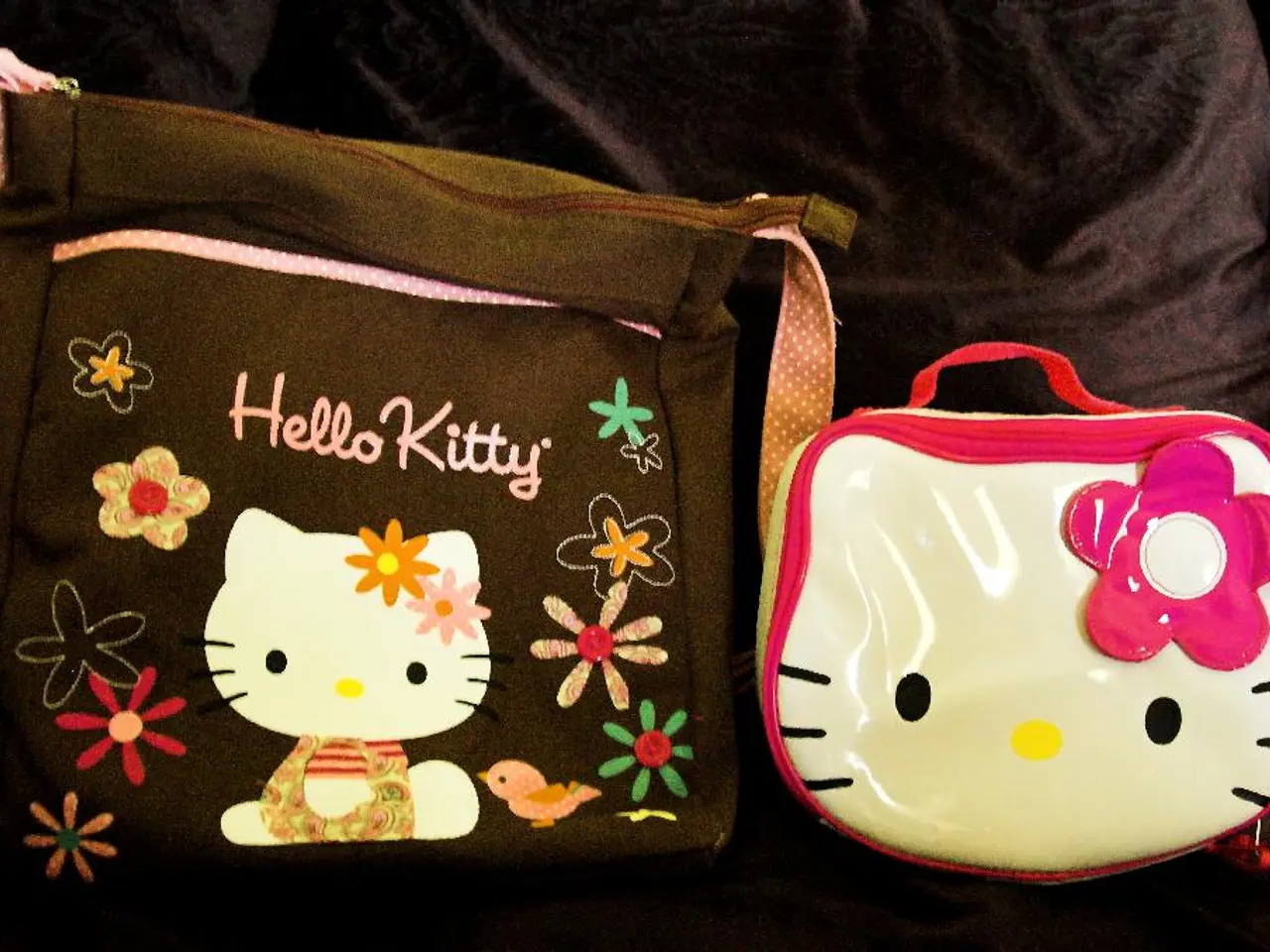"Designer Embraces the Trend of Upcycling: 'Always Something Fresh, Always Something Lasting'"
In the heart of Stuttgart-Feuerbach, Silvia Hlinik runs Manufaktur Manuc, a sustainable outdoor fashion workshop that specializes in upcycling discarded items into new, eco-friendly products. Hlinik, who has been self-employed since 2015, uses sustainable materials like organic cotton and wood fiber in her creations.
Despite the growing awareness of circular fashion and sustainability, the regulatory framework for upcycled textile labeling in Germany remains underdeveloped. As it stands, there are no specific labeling requirements under the German Textile Labeling Act for upcycled textile products. This lack of regulation presents challenges for Hlinik, as the current law requires listing all materials used, which can be challenging in upcycling due to the untraceable original substances.
Hlinik's business model has limitations due to her being the only employee and only able to dedicate one to two days a week to Manufaktur Manuc. Despite these constraints, her workshop has gained traction through design and craft markets in the Stuttgart region. Her partner, Jakob Engel, supports Hlinik in sales, handles the online shop, orders, and invoices.
One of Manufaktur Manuc's most popular products is their travel towel made of organic cotton, which dries quickly and does not release microplastics. Engel believes that they have hit a nerve with this product. The product range of Manuc includes bicycle caps, headbands, and travel towels, all created because Hlinik and Engel miss them themselves.
Prior to going independent, Hlinik found it difficult to secure a full-time position in the fashion industry, with salaries often hovering around the minimum wage level. Now, she works in an inclusive company in the food industry, primarily in logistics and packaging.
The concept of Silvia Hlinik's workshop is sustainable outdoor fashion, and she mainly uses leftover fabrics from other labels for her upcycling projects. Manufaktur Manuc's business model, previously named Werkstoff-Atelier, has been renamed with a focus on outdoor fashion.
Hlinik wishes for an adjustment to the German Textile Labeling Act to accommodate upcycling, as the current law's requirements can be a hindrance to her business. In the broader European regulatory environment, textile waste management and sustainability are key focuses, but detailed labeling regulations for upcycled textiles remain absent or underdeveloped.
Despite these challenges, Manufaktur Manuc continues to thrive, producing accessories for everyday, leisure, and adventure that align with their commitment to sustainability and circular fashion.
- Silvia Hlinik, the founder of Manufaktur Manuc, operates an environmental-science focused business in Stuttgart-Feuerbach, specializing in upcycling and sustainable fashion.
- Amidst the thriving fashion-and-beauty market, Manufaktur Manuc excels in creating home-and-garden products that encourage sustainable-living, such as their popular organic cotton travel towel.
- As the fashion-industry grapples with the lack of regulation for upcycled textile labeling, Hlinik advocates for an adjustment to the German Textile Labeling Act to support her business model, furthering the cause of circular fashion and sustainability.




